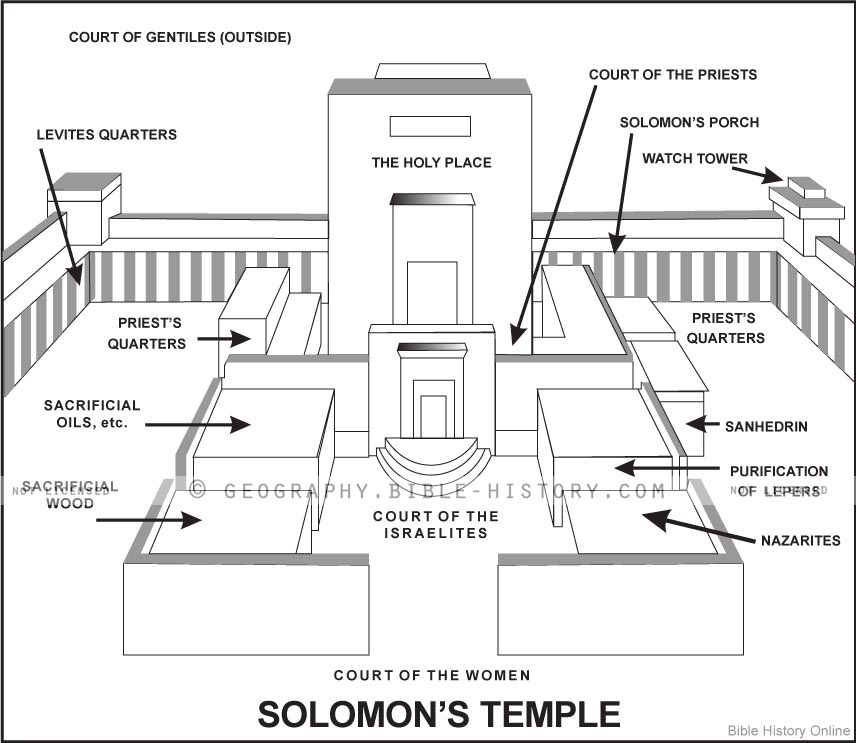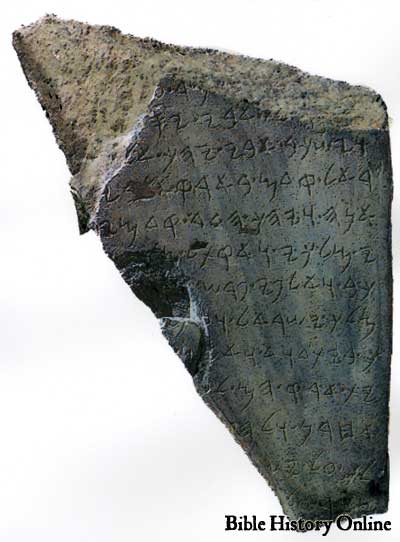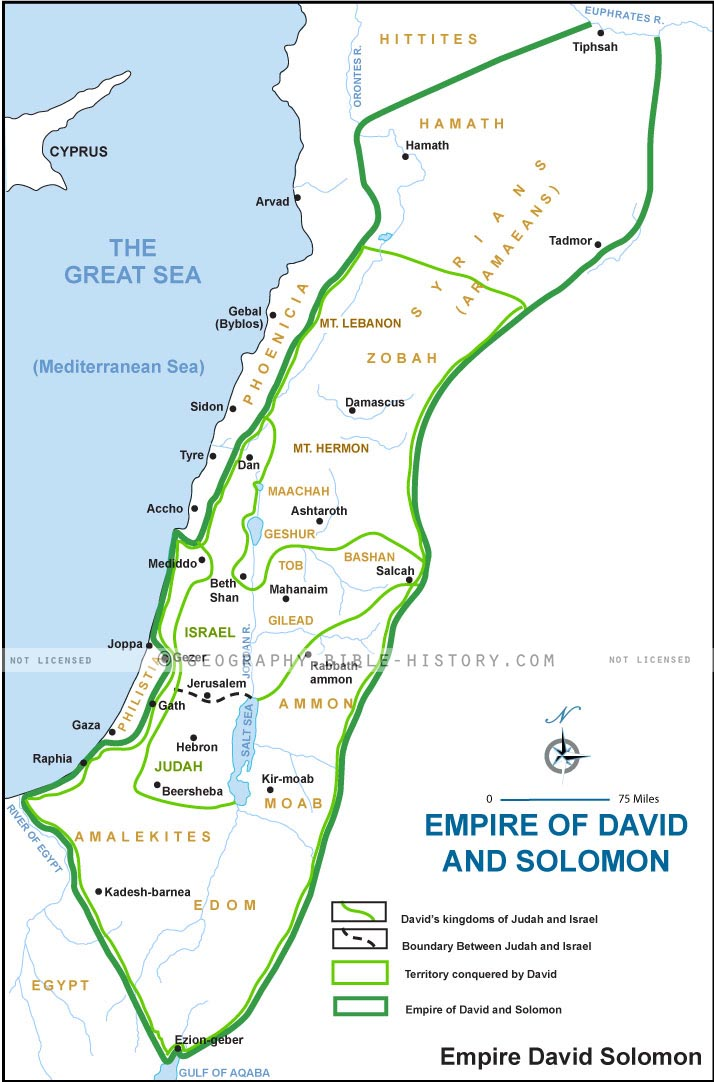Proverbs 20:12 The hearing ear, and the seeing eye, the LORD hath made even both of them. - Free Bible Online
Proverbs 20:12 The hearing ear and the seeing eye, The LORD has made both of them.
12. Hence, of course, God will know all you do (Ps 94:9).
JFB.
Questions Related to this Verse
Where In Scripture Does It Talk About Conscience?Select a Chapter
-
Proverbs 1 |
Proverbs 2 |
Proverbs 3 |
Proverbs 4 |
Proverbs 5 |
Proverbs 6 |
Proverbs 7 |
Proverbs 8 |
Proverbs 9 |
Proverbs 10 |
Proverbs 11 |
Proverbs 12 |
Proverbs 13 |
Proverbs 14 |
Proverbs 15 |
Proverbs 16 |
Proverbs 17 |
Proverbs 18 |
Proverbs 19 |
Proverbs 20 |
Proverbs 21 |
Proverbs 22 |
Proverbs 23 |
Proverbs 24 |
Proverbs 25 |
Proverbs 26 |
Proverbs 27 |
Proverbs 28 |
Proverbs 29 |
Proverbs 30 |
Proverbs 31 |
Select a Book of the Bible
-
Genesis |
Exodus |
Leviticus |
Numbers |
Deuteronomy |
Joshua |
Judges |
Ruth |
1 Samuel |
2 Samuel |
1 Kings |
2 Kings |
1 Chronicles |
2 Chronicles |
Ezra |
Nehemiah |
Esther |
Job |
Psalms |
Proverbs |
Ecclesiastes |
Song of Solomon |
Isaiah |
Jeremiah |
Lamentations |
Ezekiel |
Daniel |
Hosea |
Joel |
Amos |
Obadiah |
Jonah |
Micah |
Nahum |
Habakkuk |
Zephaniah |
Haggai |
Zechariah |
Malachi |
Matthew |
Mark |
Luke |
John |
Acts |
Romans |
1 Corinthians |
2 Corinthians |
Galatians |
Ephesians |
Philippians |
Colossians |
1 Thessalonians |
2 Thessalonians |
1 Timothy |
2 Timothy |
Titus |
Philemon |
Hebrews |
James |
1 Peter |
2 Peter |
1 John |
2 John |
3 John |
Jude |
Revelation |
The Book of Proverbs
Proverbs 3:5-6 - Trust in the LORD with all thine heart; and lean not unto thine own understanding. In all thy ways acknowledge him, and he shall direct thy paths.
Proverbs 15:1-4 - A soft answer turneth away wrath: but grievous words stir up anger. The tongue of the wise useth knowledge aright: but the mouth of fools poureth out foolishness. The eyes of the LORD [are] in every place, beholding the evil and the good. A wholesome tongue [is] a tree of life: but perverseness therein [is] a breach in the spirit.
Proverbs 17:12-13 -
The Old Testament - A Brief Overview
Bible Survey - Proverbs
Hebrew Name - Mishley "proverbs"
Greek Name - Paroimiae (Greek form of the Hebrew )
Author - Solomon (According to Tradition)
Date - 1000 BC Approximately
Theme - It is wise to obey God
Types and Shadows - In Proverbs Jesus is true wisdom

Illustration of Solomon's Temple in Jerusalem
The Proverbs are a collection of wise sayings that, although they were written in ancient times, their principles are for all men in every age, and every walk of life. The ultimate message in the book of Proverbs is that fearing the Lord is the beginning of wisdom. There is no greater principle that was taught by both David and Solomon than acknowledging God's presence in everything in life, and taking heed to everything He says.
Proverbs 1:1 indicates that the whole collection was called "the Proverbs of Solomon the son of David, king of Israel." Technically a proverb is a profound maxim or epigrammatic saying that, if pondered on for a length of time there is deep meaning associated with it. Proverbs was not uncommon in the ancient world, but the concept of fearing a single God who is the only God and the giver of life, was completely foreign in a world filled with polytheism.
Solomon was the son of David who was chosen to build the Temple. His name comes from the Hebrew word for peace (shalom), and he is recognized in the Bible as the ultimate peacemaker King in the history of the kingdom of Israel. The book of Proverbs not only names Solomon as the author in the very first verse, but there are other verses that indicate that Solomon was the person responsible for the Proverbs (Proverbs 10:1; Proverbs 25:1).
The book of Kings indicates that Solomon was blessed with wisdom from God (1 Kings 4:29), he was a man of humility (1 Kings 3:7), and a great diplomat (1 Kings 3:16-28; 1 Kings 5:12) to such an extent that people came from all over the world to hear his wisdom (1 Kings 4:30; 1 Kings 10:1-13). The book of Kings also indicates that Solomon wrote over 3000 proverbs (1 Kings 4:32), and this is many more than the book of Proverbs contains.
Solomon's Wisdom. David had chosen Solomon to sit upon the throne of Israel and serve the Lord. After Solomon had removed his enemies, he allied with the Pharaoh of Egypt, and took Pharaoh's daughter to be his wife. Solomon had thought intensely about his task to build a house for the Lord, the Temple in Jerusalem. He went to offer sacrifices to the Lord at Gibeon and that night the Lord appeared to him in a dream saying "ask what you will and I will give it to you" and Solomon said "you have shown great mercy to your servant David, my father, even as he walked before you in truth and justice and with an upright heart. You have continued your great mercy toward him and given him a son to sit on his throne, as it is today. And now, O Lord God, you have made your servant King succeeding David, my father. I am but a child, and know not how to act. You have chosen me to be king over so many that they cannot be counted. Give me, therefore, an understanding heart, to judge your people and to discern between good and evil." The Lord was pleased with Solomon's request and said, "because you have not asked for long life or riches, nor for the death of your enemies, but have asked wisdom for yourself to discern what is right, I have done for you as you asked, and have given you a wise and understanding heart, so much so that you are unlike anyone before you, nor shall there be anyone like you after. Yes, and the things also which you did not ask, I have given you: that is, riches and glory, so that you are incomparable with all previous kings. And if you will walk in my ways, and keep my precepts and my commandments, as your father, I will lengthen your life." (see 1 Kings 3 and 2 Chronicles 1).
Outline of the Book of Proverbs
Proverbs 1-9, Solomon addresses the young. His words are arranged in a series of discourses in praise of wisdom. A personification of Wisdom speaks as an instructor, warning against all manner of folly. The proverbs in this section are arranged with more continuity than is seen in succeeding chapters.
Proverbs 10-22:16 are the "proverbs of Solomon," and this section is usually thought to be the original nucleus around which the remainder of the book was constructed.
Proverbs 22:17-24 :22 contains advice for those in responsible positions, calling it "the words of the wise." Proverbs 24:23-29 are designated as "the proverbs of Solomon which the wise men of Hezekiah copied out." These are in the form of detached statements, although there are occasional signs of continuity. There are also sayings on related subjects such as rulers, sluggards and fools.
Proverbs 30, the sayings of Agur, and Proverbs 31, the great chapter on womanhood which purports to come from the mother of King Lemuel which was constructed in acrostic form, the verses beginning with the successive letters of the Hebrew alphabet. This last chapter completes this book of Hebrew wisdom.
ARCHAEOLOGYHouse of David Inscription - Tel Dan Stele

1 Kings 2:11 -
And the days that
David reigned over Israel [were] forty years: seven years
reigned he in Hebron, and thirty and three years reigned he in
Jerusalem.
An inscription containing the words "house of David" was found on a black basalt stone slab called the Tel Dan Stele, from Tel Dan, Israel, 9th Century B.C.
Quick Reference Map

Map of the Empires of David and Solomon (Click to
Enlarge)
Quick Reference Maps - Proverbs
The Kingdom of Solomon during the Proverbs
The Empire of David and Solomon during the Chronicles
Proverbs Resources
Samuel
the Prophet
Saul,
Israel's First King
King
David
King
Solomon
More About the Book of
Proverbs
Proverbs in the Picture
Study Bible
Timeline of the Ancient
World
Back to the Old Testament
Back to Bible
History Online
Bibliography Information
Free Bible Online Picture Study Bible, King James Version. New York: American Bible Society: www.free-bible.com, 1995-2013. Bible History Picture Study Bible. Apr 01, 2025.
- King James Bible Home
- Free Bible Home Page
- Bible Encyclopedia (ISBE)
- Online Bible (KJV)
- Naves Topical Bible
- Smith's Bible Dictionary
- Easton's Bible Dictionary
- Fausset's Bible Dictionary
- Matthew Henry Bible Commentary
- Hitchcock's Bible Dictionary
Read The Bible
- 1599 Geneva Bible (GNV)
- 21st Century King James Version (KJ21)
- American Standard Version (ASV)
- Amplified Bible (AMP)
- Amplified Bible, Classic Edition (AMPC)
- Authorized (King James) Version (AKJV)
- BRG Bible (BRG)
- Christian Standard Bible (CSB)
- Common English Bible (CEB)
- Complete Jewish Bible (CJB)
- Contemporary English Version (CEV)
- Darby Translation (DARBY)
- Disciples’ Literal New Testament (DLNT)
- Douay-Rheims 1899 American Edition (DRA)
- Easy-to-Read Version (ERV)
- English Standard Version (ESV)
- English Standard Version Anglicised (ESVUK)
- Evangelical Heritage Version (EHV)
- Expanded Bible (EXB)
- GOD’S WORD Translation (GW)
- Good News Translation (GNT)
- Holman Christian Standard Bible (HCSB)
- International Children’s Bible (ICB)
- International Standard Version (ISV)
- J.B. Phillips New Testament (PHILLIPS)
- Jubilee Bible 2000 (JUB)
- King James Version (KJV)
- Lexham English Bible (LEB)
- Living Bible (TLB)
- Modern English Version (MEV)
- Mounce Reverse Interlinear New Testament (MOUNCE)
- Names of God Bible (NOG)
- New American Bible (Revised Edition) (NABRE)
- New American Standard Bible (NASB)
- New American Standard Bible 1995 (NASB1995)
- New Catholic Bible (NCB)
- New Century Version (NCV)
- New English Translation (NET)
- New International Reader's Version (NIRV)
- New International Version - UK (NIVUK)
- New International Version (NIV)
- New King James Version (NKJV)
- New Life Version (NLV)
- New Living Translation (NLT)
- New Matthew Bible (NMB)
- New Revised Standard Version (NRSV)
- New Revised Standard Version Catholic Edition (NRSVCE)
- New Revised Standard Version, Anglicised (NRSVA)
- New Revised Standard Version, Anglicised Catholic Edition (NRSVACE)
- New Testament for Everyone (NTE)
- Orthodox Jewish Bible (OJB)
- Revised Geneva Translation (RGT)
- Revised Standard Version (RSV)
- Revised Standard Version Catholic Edition (RSVCE)
- The Message (MSG)
- The Voice (VOICE)
- Tree of Life Version (TLV)
- World English Bible (WEB)
- Worldwide English (New Testament) (WE)
- Wycliffe Bible (WYC)
- Young's Literal Translation (YLT)
Table of Contents
Main Menu
- Ancient Assyrian Social Structure
- Ancient Babylonia
- Ancient Canaan During the Time of Joshua
- Ancient History Timeline
- Ancient Oil Lamps
- Antonia Fortress
- Archaeology of Ancient Assyria
- Assyria and Bible Prophecy
- Augustus Caesar
- Background Bible Study
- Bible
- Biblical Geography
- Fallen Empires - Archaeological Discoveries and the Bible
- First Century Jerusalem
- Glossary of Latin Words
- Herod Agrippa I
- Herod Antipas
- Herod the Great
- Herod's Temple
- High Priest's in New Testament Times
- Jewish Literature in New Testament Times
- Library collection
- Map of David's Kingdom
- Map of the Divided Kingdom - Israel and Judah
- Map of the Ministry of Jesus
- Matthew Henry Bible Commentary
- Messianic Prophecy
- Nero Caesar Emperor
- Online Bible Maps
- Paul's First Missionary Journey
- Paul's Second Missionary Journey
- Paul's Third Missionary Journey
- Pontius Pilate
- Questions About the Ancient World
- Tabernacle of Ancient Israel
- Tax Collectors in New Testament Times
- The Babylonian Captivity
- The Black Obelisk of Shalmaneser
- The Books of the New Testament
- The Court of the Gentiles
- The Court of the Women in the Temple
- The Destruction of Israel
- The Fall of Judah with Map
- The History Of Rome
- The Incredible Bible
- The Jewish Calendar in Ancient Hebrew History
- The Life of Jesus in Chronological Order
- The Life of Jesus in Harmony
- The Names of God
- The New Testament
- The Old Testament
- The Passion of the Christ
- The Pharisees
- The Sacred Year of Israel in New Testament Times
- The Samaritans
- The Scribes
Ancient Questions
- Why Do the Huldah Gates Appear Different in Ancient Replicas and Modern Photos?
- What Is the Origin of the Japanese and Chinese Peoples? A Biblical Perspective
- How did the ancient Greeks and Romans practice medicine and treat illnesses?
- What were the major contributions of ancient Babylon to mathematics and astronomy?
- How did the ancient Persians create and administer their vast empire?
- What were the cultural and artistic achievements of ancient India, particularly during the Gupta Empire?
- How did ancient civilizations like the Incas and Aztecs build their remarkable cities and structures?
- What were the major trade routes and trading practices of the ancient world?
- What was the role of slavery in ancient societies like Rome and Greece?
- How did the ancient Mayans develop their sophisticated calendar system?
Bible Study Questions
- Why Do Christians Celebrate Christmas?
- How Many Chapters Are There in the Bible?
- The Five Key Visions in the New Testament
- The 400-Year Prophecy: Unpacking Genesis 15 and the Journey of a People
- The Authorized (King James) Version (AKJV): Historical Significance, Translation Methodology, and Lasting Impact
- Exploring the English Standard Version (ESV): Its Aspects, Comparisons, Impact on Biblical Studies, and Church Use
- A Detailed Historical Analysis of Language Updates in the KJ21: Comparison with Other Versions
- A Detailed Historical Analysis of the American Standard Version (ASV): Comparison to the King James Version, Influence on Later Translations, and Evaluation of Strengths and Weaknesses
- A Detailed Historical Analysis of Amplifications in the Amplified Bible (AMP) and Its Comparison to Other Bible Translations
- Detailed Historical Analysis of the Amplified Bible Classic Edition (AMPC): Examples of Amplifications and Comparative Analysis with Other Bible Translations
About
Welcome to Free Bible: Unearthing the Past, Illuminating the Present! Step into a world where ancient history and biblical narratives intertwine, inviting you to explore the rich tapestry of human civilization.
Discover the captivating stories of forgotten empires, delve into the customs and cultures of our ancestors, and witness the remarkable findings unearthed by dedicated archaeologists.
Immerse yourself in a treasure trove of knowledge, where the past comes alive and illuminates our understanding of the present.
Join us on this extraordinary journey through time, where curiosity is rewarded and ancient mysteries await your exploration.
Recent posts
-

The Role of AI in Cryptocurrency Trading and Blockchain Security
Artificial Intelligence (AI) is rapidly reworking industries, and the cryptocurrency sector is not any exception. From enhancing trading techniques to... -

The impact of IP address on LinkedIn traffic
IP address has a serious impact on LinkedIn traffic. Before you start working with the site, you should clarify the specifics of this influence and ho... -

The Bible in Museums: Where to See Ancient Scripture Today
The Bible, as one of the most influential books in human history, has shaped not only religious beliefs but also the course of civilization. Its stori... -

How AI is Revolutionizing 2025: Latest Innovations and Industry Applications
Artificial Intelligence (AI) has turn out to be one of the maximum transformative technologies of the twenty first century. As we flow via 2025, AI ke... -

AI-Powered Innovation: How Businesses Are Leveraging AI for Growth
Artificial Intelligence (AI) is no longer a futuristic concept however a fundamental driving force of innovation in these days’s commercial enterpri...

